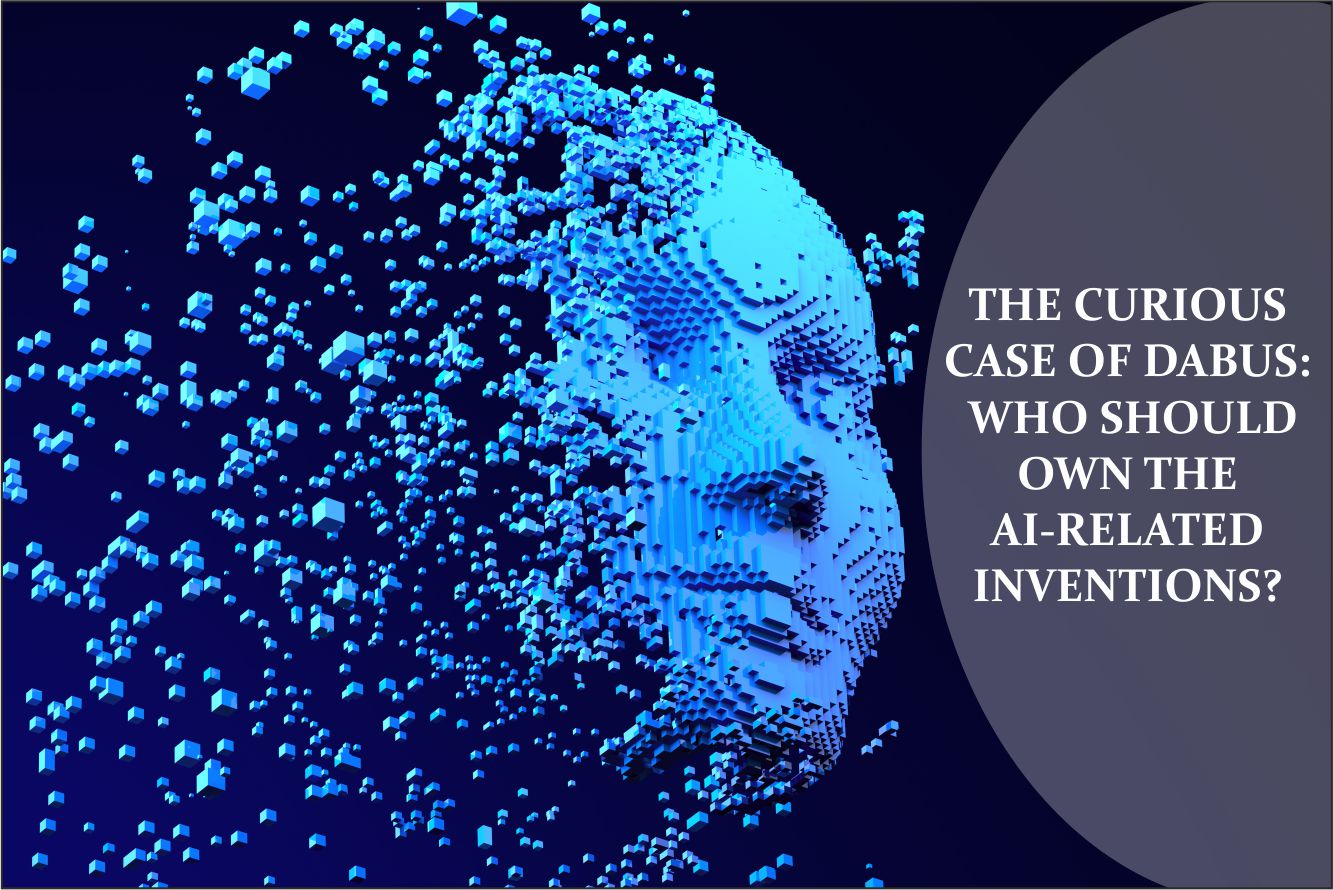Oakland (Special to ZennieReport.com) – There was a court case settled a day ago in the United Kingdom regarding something called “DABUS”. DABUS stands for “Device for the Autonomous Bootstrapping of Unified Sentience” and is a an artificial intelligence (AI) system created by a man named Dr. Stephen Thaler.
The case is called “Thaler (Appellant) v Comptroller-General of Patents, Designs and Trademarks (Respondent)”. Here’s how the UK Supreme Court laid out the case:
Issue
(a) Does section 13(2)(a) of the Patents Act 1977 (the “1977 Act”) require a person to be named as the inventor in all cases, including where the applicant believes the invention was created by an AI machine in the absence of a traditional human inventor?
(b) Does the 1977 Act provide for the grant of a patent without a named human inventor?
(c) In the case of an invention made by an AI machine, is the owner, creator and user of that AI machine entitled to the grant of a patent for that invention?
Facts
This case concerns two British patent applications (the “Applications”) for two inventions that the appellant, Dr Thaler, stated (in the Applications) were created by an AI machine known as DABUS in the absence of a traditional human inventor. Dr Thaler is the sole owner, creator and user of DABUS. It is not in issue whether DABUS created the inventions autonomously.
On 4 December 2019, the respondent handed down a decision refusing to accept the designations of DABUS as the inventor in the Applications pursuant to section 13(2) of the 1977 Act on the ground that DABUS is not a person, as envisaged by sections 7 and 13 of the 1977 Act. Dr Thaler’s appeal of the respondent’s decision was dismissed in the High Court and the Court of Appeal. He now appeals to the Supreme Court.
Judgment appealed
Parties
Appellant(s)
Stephen L Thaler
Respondent(s)
Comptroller-General of Patents, Designs and Trade Marks
Intervener
CIPA
Appeal
Justices
Lord Hodge, Lord Kitchin, Lord Hamblen, Lord Leggatt, Lord Richards
Hearing start date
2 March 2023
Hearing finish date
2 March 2023
https://www.supremecourt.uk/cases/uksc-2021-0201.html
| Watch hearing | ||
|---|---|---|
| 2 March 2023 | Morning session | Afternoon session |
The UK Supreme Court Rejected Dr. Thaler’s Claim That DABUS Is An Inventor
Now, Dr. Thaler is a man who‘s work has been in the development of artificial neural networks (ANN), or which DABUS is his latest creation. Dr. Thaler filed for his DABUS to get a patent for what the Doctor calls two novel inventions, and was rejected. But the fact is, Dr. Thaler just made a kind of calculator that was able to solve an equation with many variables and produce an answer. That’s really all that Dr. Stephen Thaler’s creation is. Here’s the DABUS description:
DABUS itself is a patented AI paradigm capable of accommodating trillions of computational neurons within extensive artificial neural systems that emulate the limbo-thalamo-cortical loop within the mammalian brain. Such systems utilize arrays of trainable neural modules, each containing interrelated memories representative of some conceptual space. Through simple learning rules, these modules bind together to represent both complex ideas (e.g., juxtapositional inventions) and their consequences as chaining topologies. An electro-optical attention window scans the entire array of neural modules in search of so-called “hot buttons,” those neural modules containing impactful memories. Detection of such hot buttons within consequence chains triggers the release or retraction of synaptic disturbances into the system, selectively reinforcing the most salient chain-based notions.
DABUS introduction.
In DABUS Case Consider The Word “Emulate”
Consider that it has one word that gets it into trouble: “ emulate”. In very fact that it’s designed to mimic human assembly of disparate ideas into a conclusion renders it nothing more than a fancy and useful calculator. We do the same tasks with a calculator that DABUS does. Thus, the UK Supreme Court Ruling should come as no surprise if one actually thinks about it.
But even as the court struck down the rather silly attempt to put machines on the same plane as people, there are those who have tried. On June 7th 2023, Prof Ryan Abbott shared his thoughts and opinions on the future of AI and IP concerns at a Senate Subcommittee hearing. In his testimony, he talked about DABUS and the challenges faced by the Artificial inventor project in filling patents. He asked Congress to consider modifying the Patent Act to allow the protection of AI-generated inventions by prohibiting patent ability to be determined on the basis of how an invention is made. The DABUS ruling should not put to rest the attempt to place machines with people.
Ultimately, how DABUS behaves is the responsibility of Dr. Stephen Thaler. So, if DABUS goes off and starts sending out social media posts that are threatening to someone, that is Dr. Thaler’s fault as the developer. Trying to place the machine as responsible for its own behavior leaves the creator of the machine without fault. That would set a very dangerous precedent.
What if DABUS or something like it produced a device that then caused accidents or bodily harm, even if it’s accidentally? If DABUS or something like it controlled commercial airplanes, that could happen. Today, we blame the maker of the machines when an airplane is at fault – we don’t blame the airplane separate from its maker.
